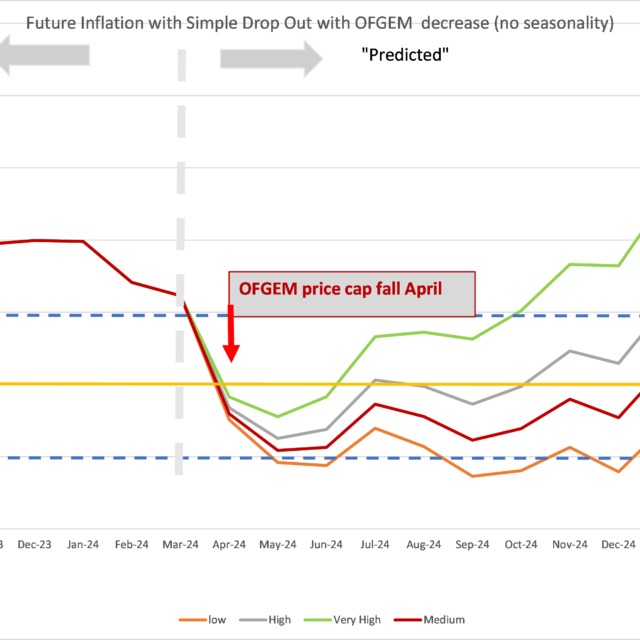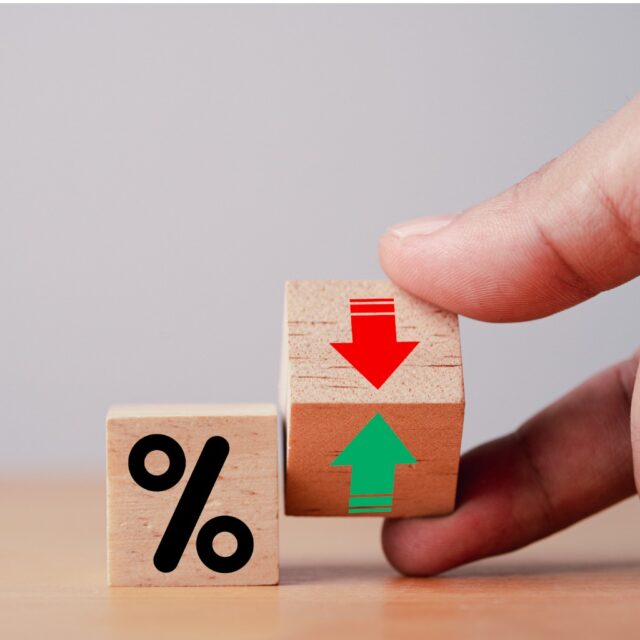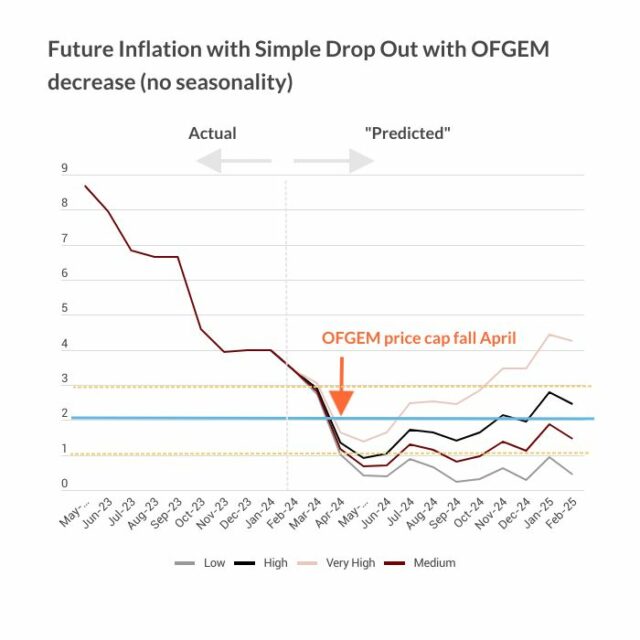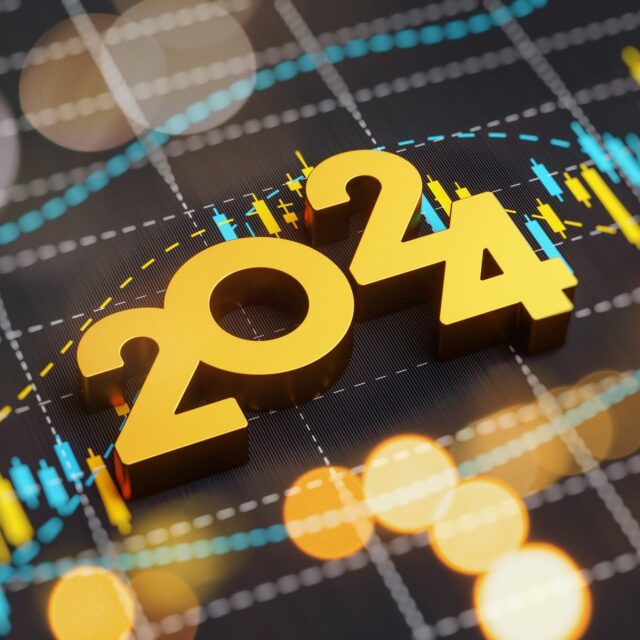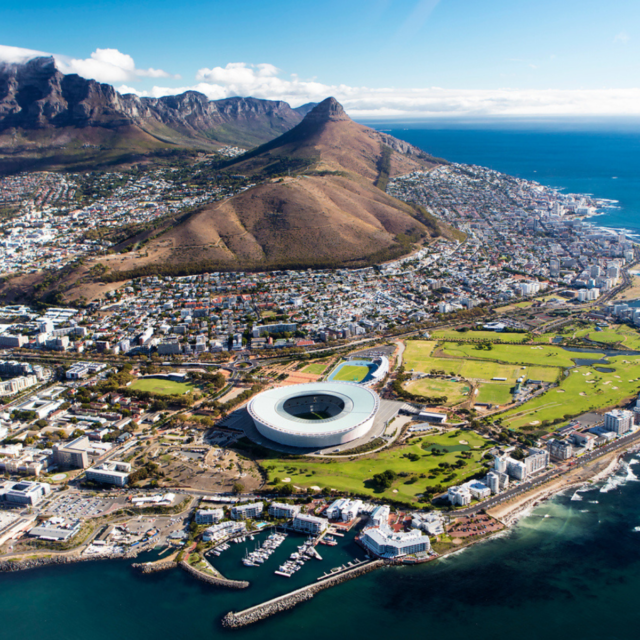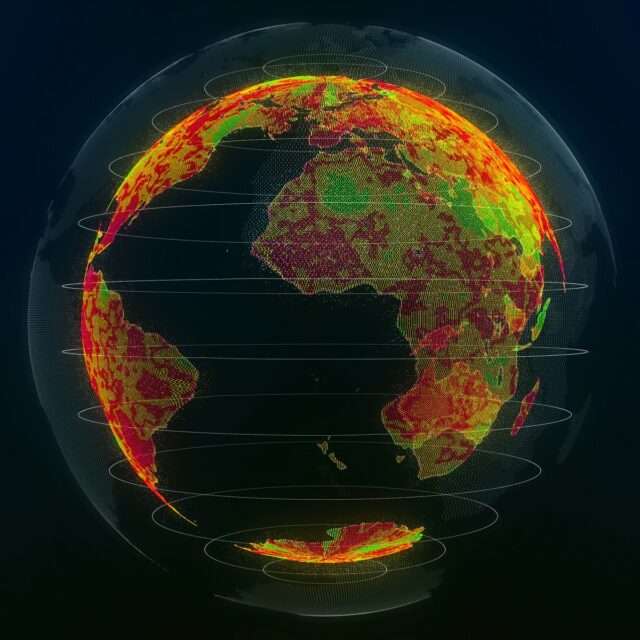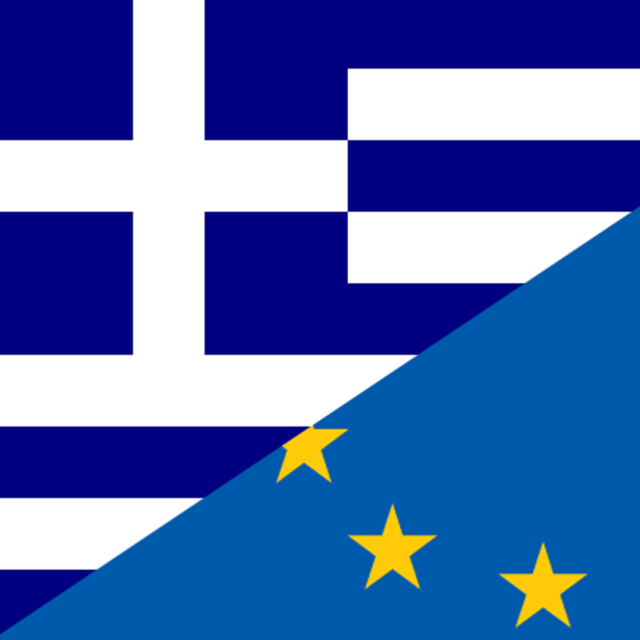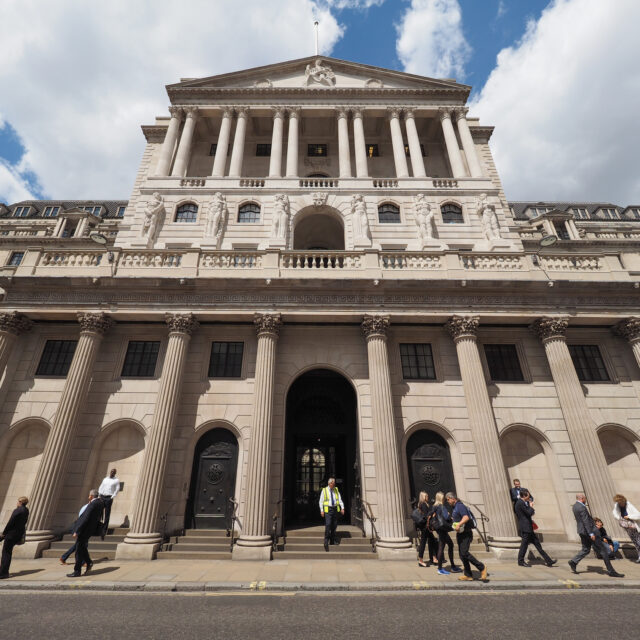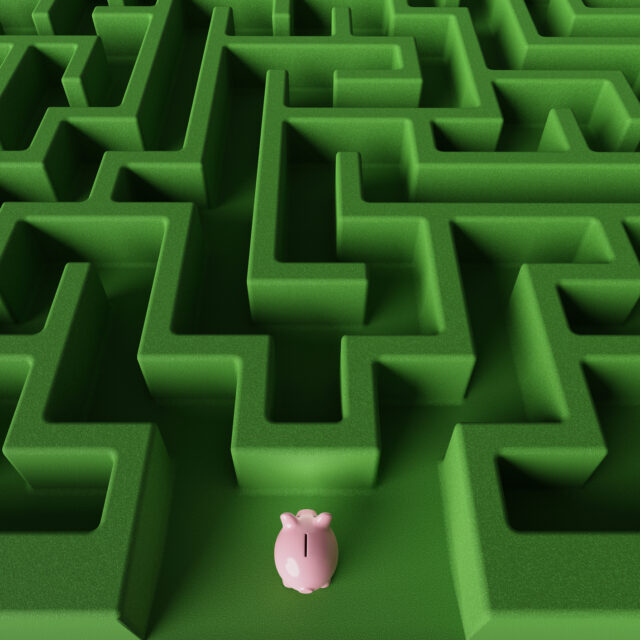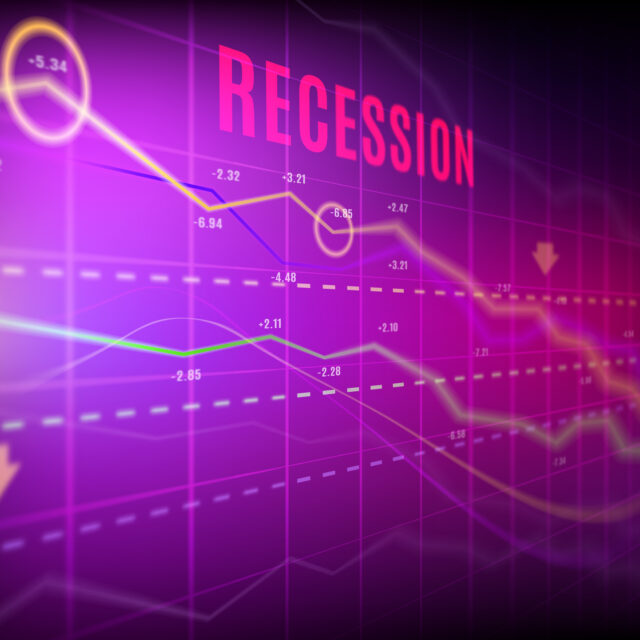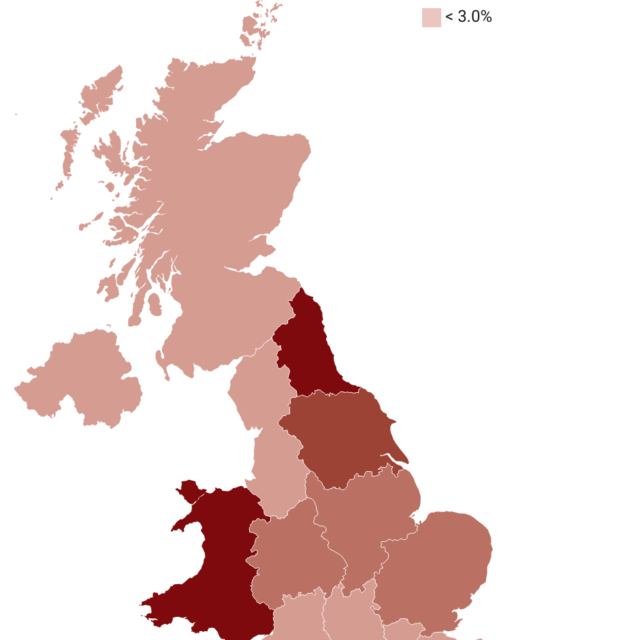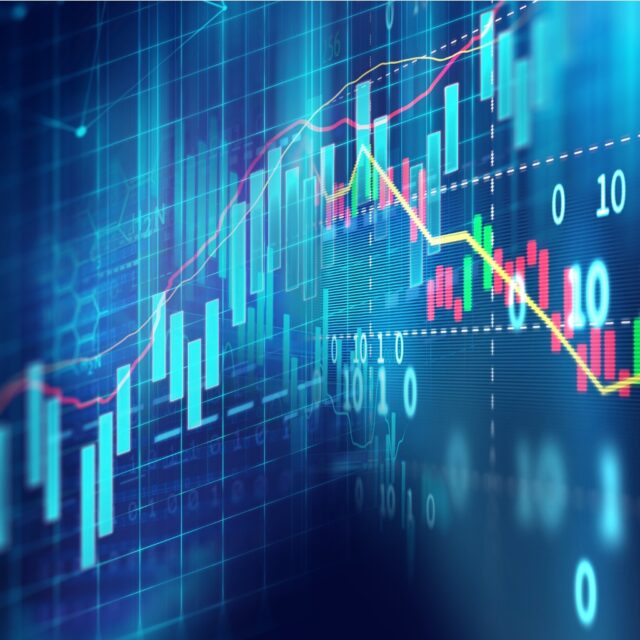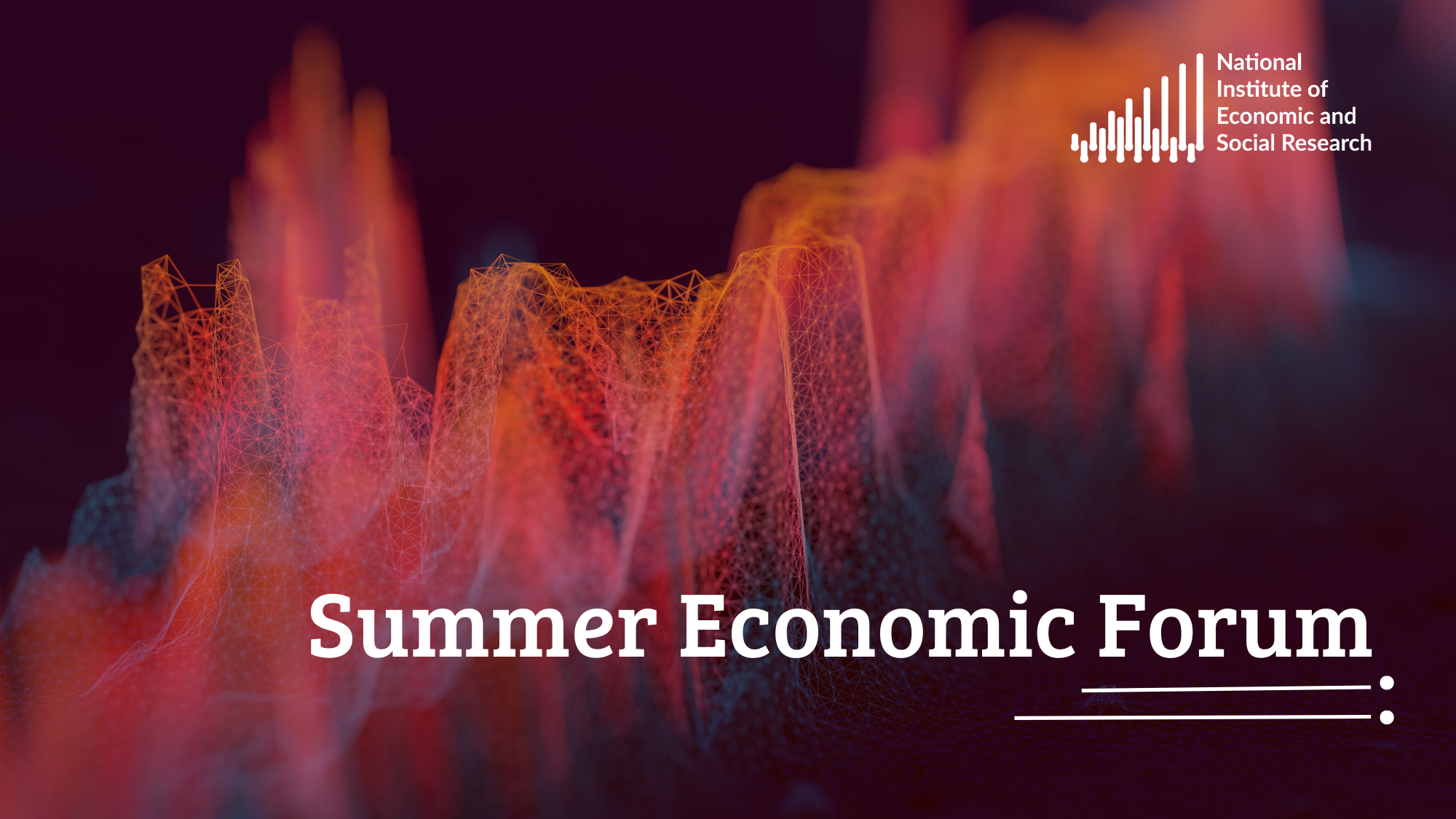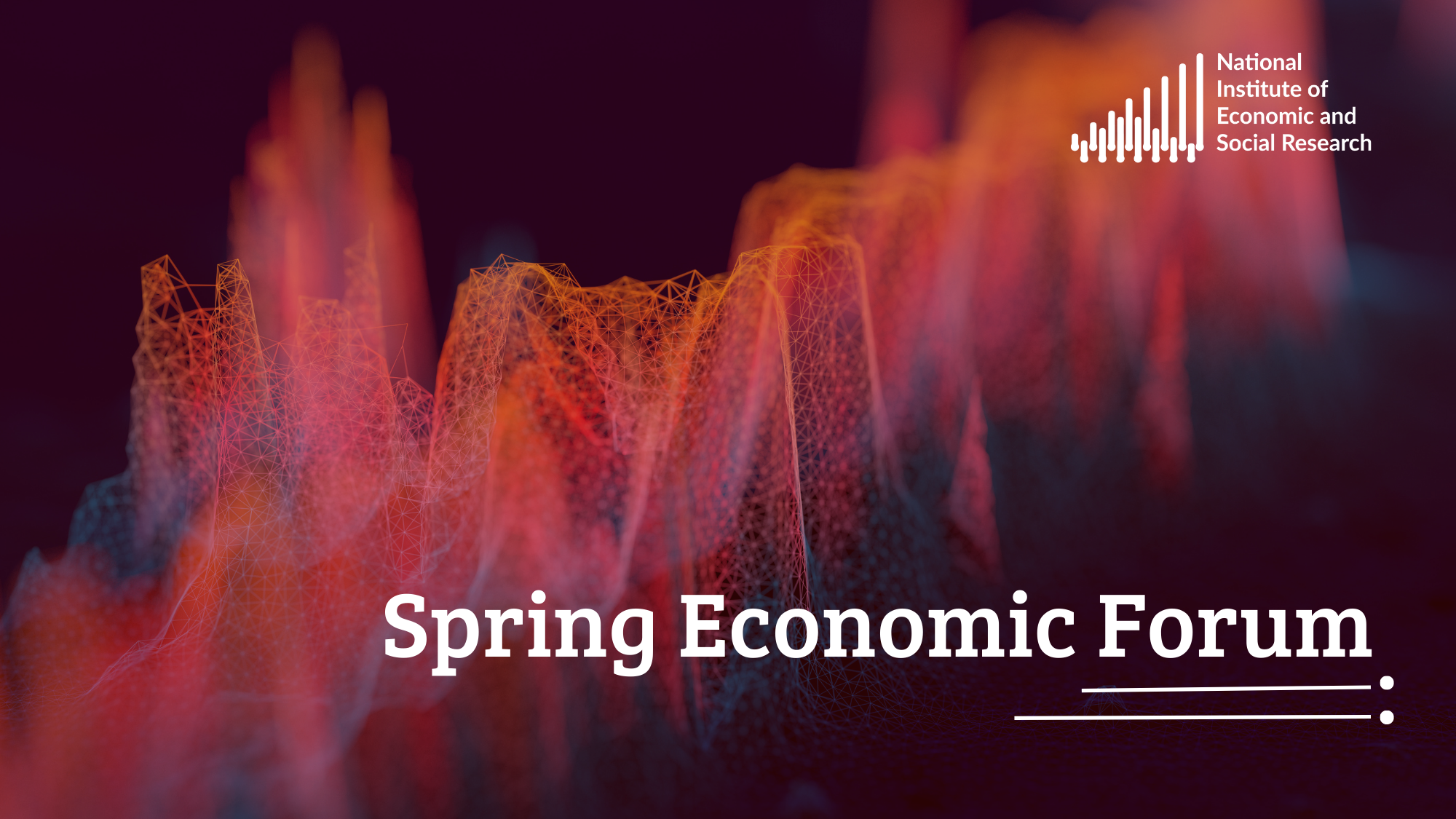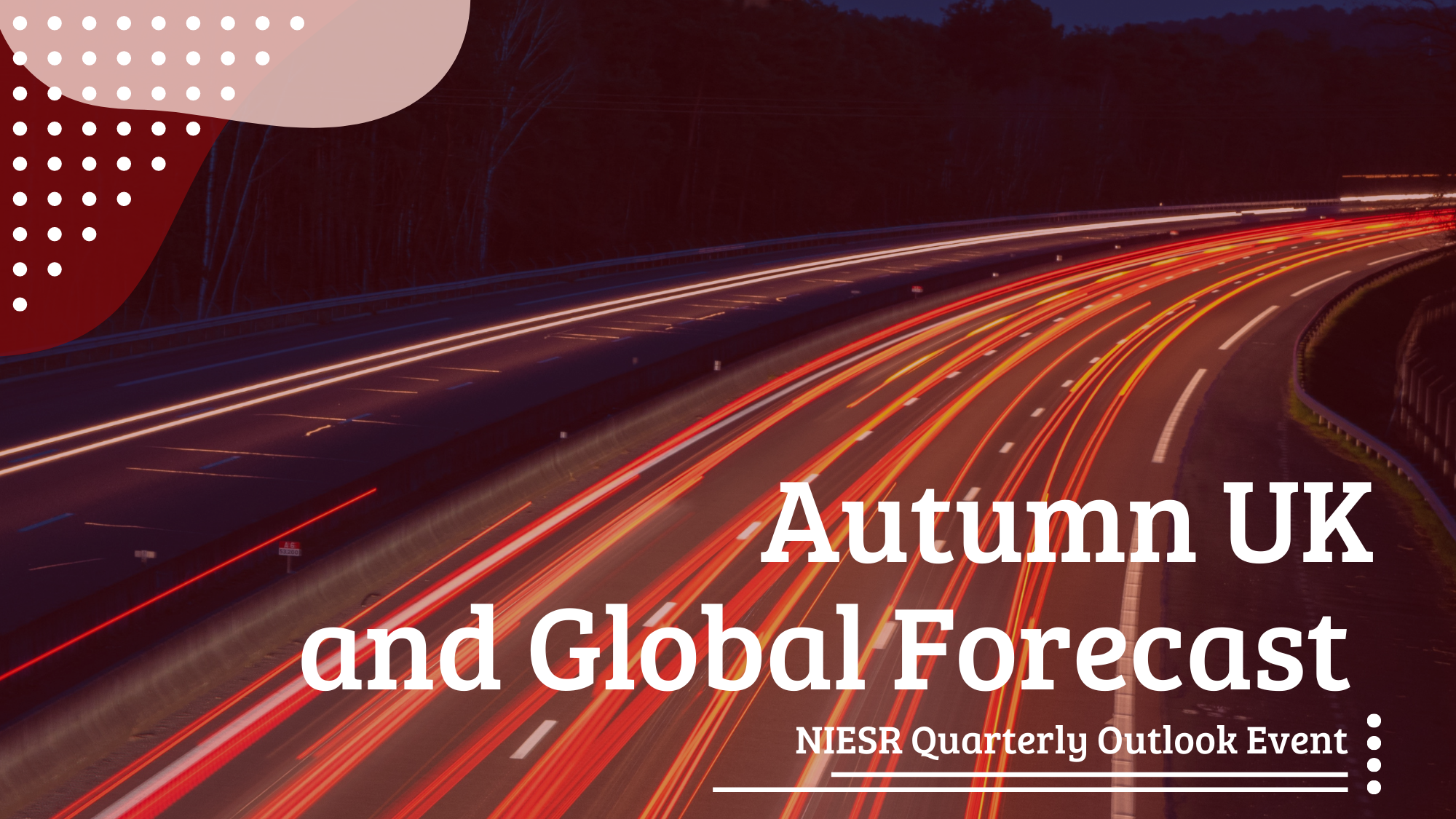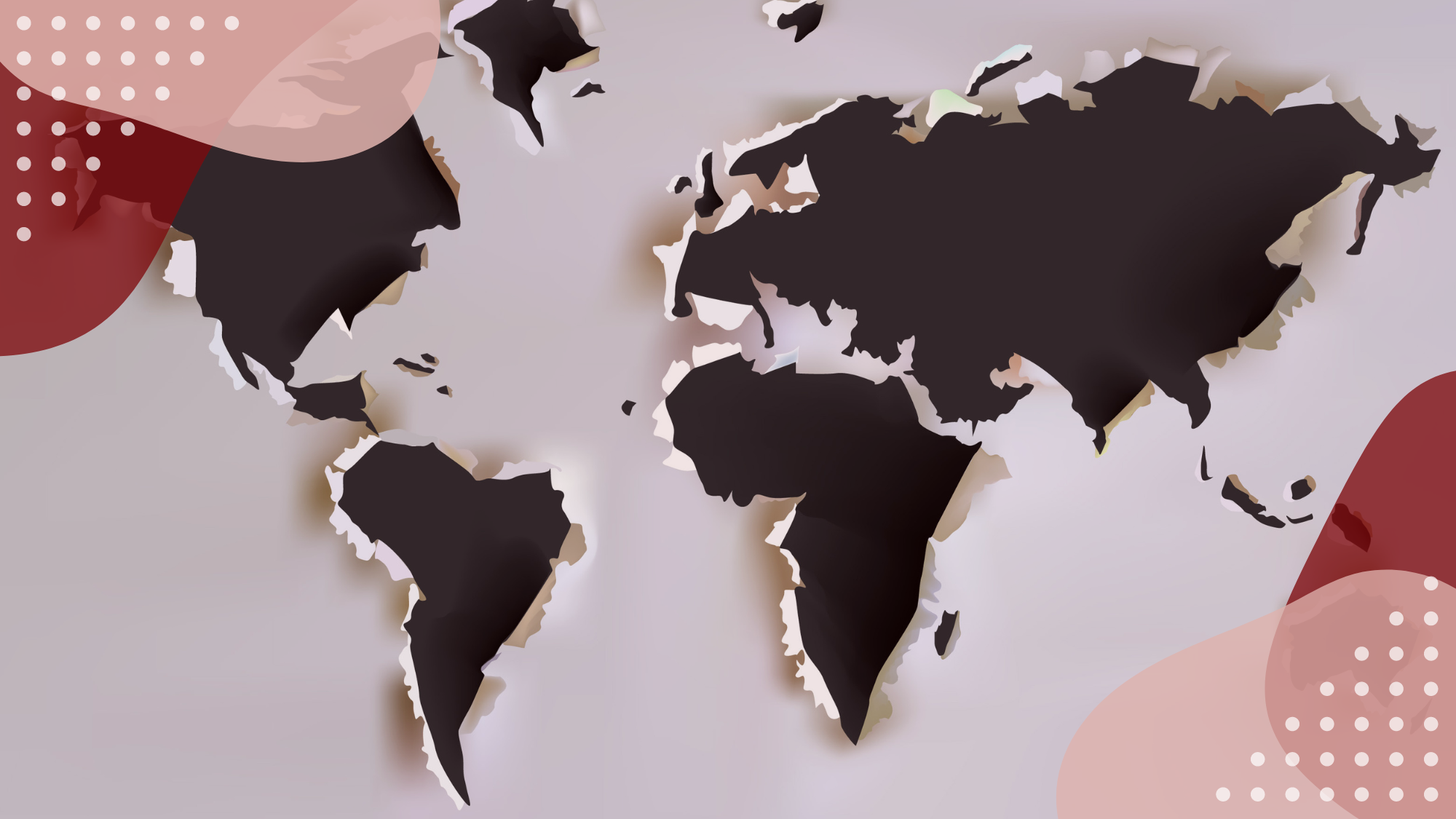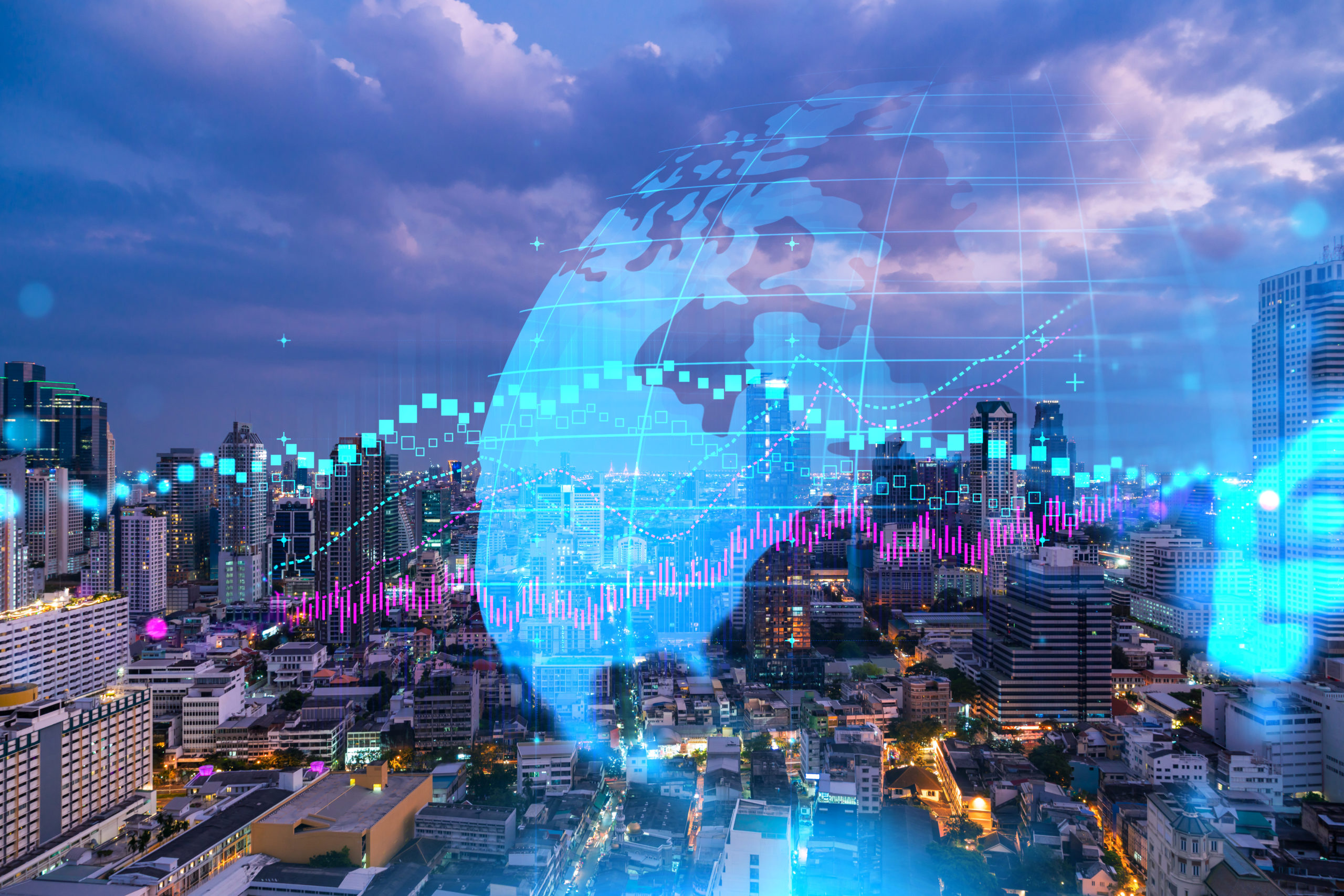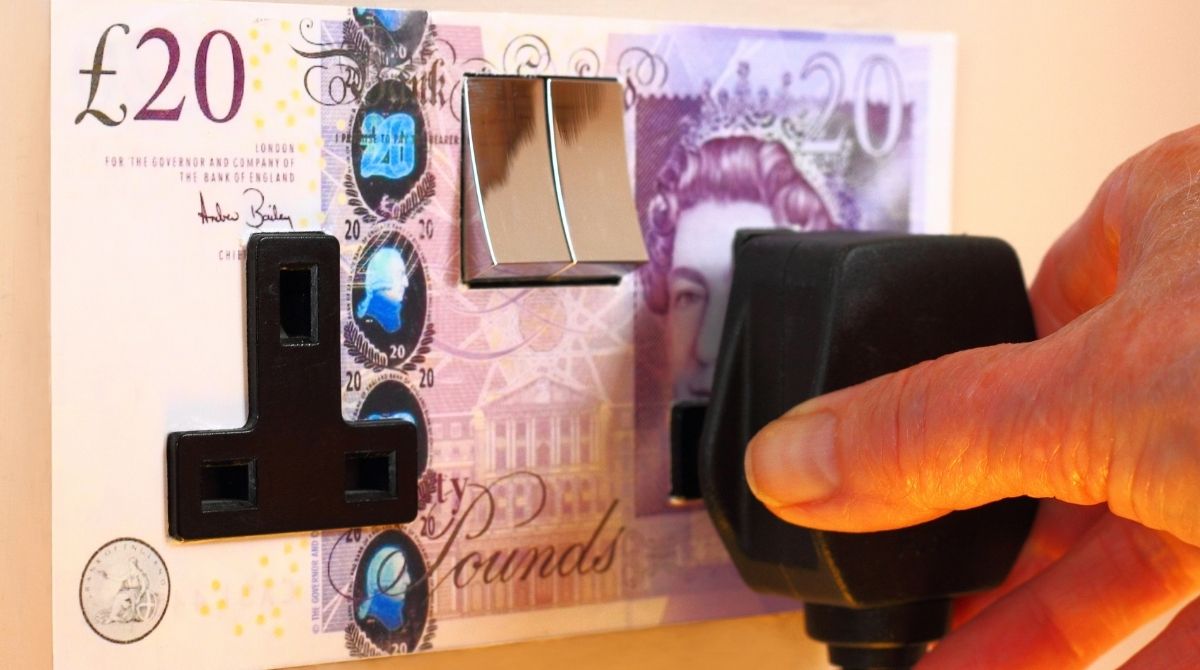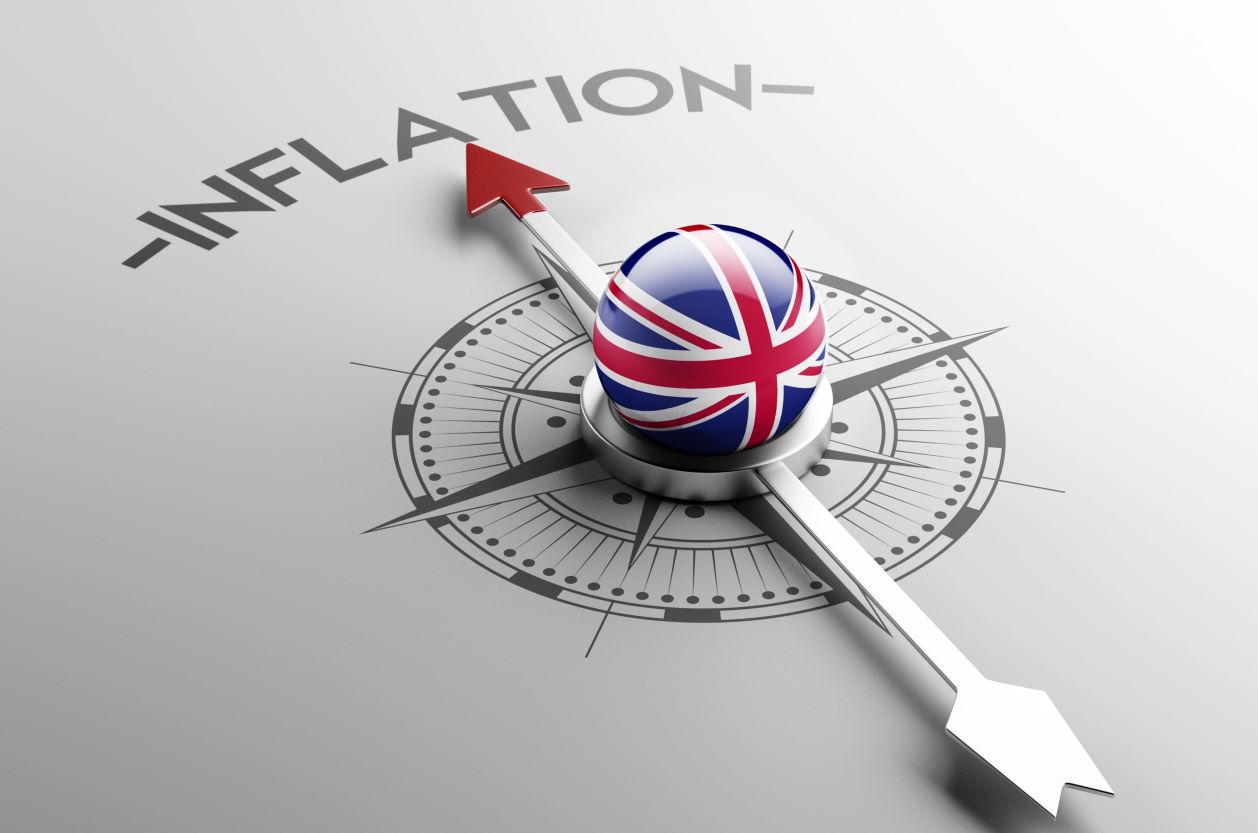Consumers forced to tighten their belts further as underlying inflation exceeds 5 per cent
 Pub. Date
Pub. Date
23 March, 2022
 Pub. Type
Pub. Type
Main points
- Headline consumer price inflation increased to 6.2 per cent in February 2022 from 5.5 in January. Our measure of underlying inflation which excludes 5 per cent of the highest and lowest price changes, increased to 5.1 per cent in February from 4.3 per cent in January.
- The largest contributions to the upwards change in inflation came from the recreation and culture and clothing and footwear sectors, which contributed 0.4 percentage points to the change in the headline figure. The largest contributions to the annual figure remain the household services (predominantly electricity, gas, and other fuels) and the transport (predominantly motor fuel) sectors.
- In February, 30.9 per cent of goods and services prices changed, which is the highest since August 2020. Approximately 17,000 items recorded price rises, which is the highest since January 2011. Meanwhile, 4.3 per cent of prices were reduced due to sales and 4.2 per cent fell for other reasons.
- Underlying inflation increased in all of the 12 UK regions. London’s annual inflation rate in February was the highest at 6.1 per cent, compared to Wales which had the lowest at 4.2 per cent.
- The latest inflation figures for February will not have the impact from the Russia-Ukraine war, but the expected rise in inflation in the short term following the war will likely force consumers to tighten their belts further and dent economic growth. Higher energy prices alongside rising VAT next month and second-round effects will mean consumer prices are likely to remain above the Bank of England’s target until 2024.
- We expect the Bank of England will continue to raise interest rates in 2022. Our analysis indicates that annual consumer price inflation will average 7 per cent in 2022
“Annual headline CPI inflation increased to 6.2 per cent in February from 5.5 per cent in January. Our measure of underlying inflation, which excludes extreme price movements, increased to 5.1 per cent in February from 4.3 per cent in January, the largest month-on-month increase since November 2021. Our analysis suggests annual consumer price inflation will likely peak in 2022 Q3 above 8 per cent because of the impacts from the Russia-Ukraine war, despite the Bank of England’s most recent policy hikes.”
Urvish Patel
Associate Economist, Macroeconomic Modelling and Forecasting

